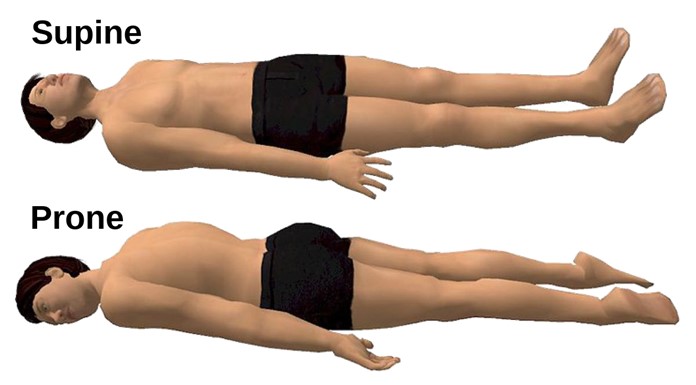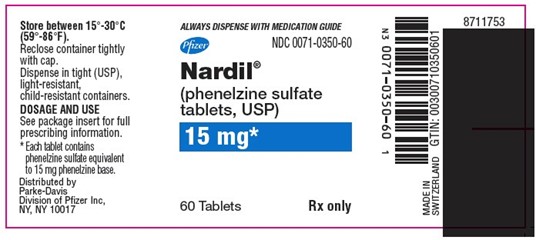A nurse is reinforcing teaching about self-administration of nasal drops with a client. Which of the following positions should the nurse recommend for instillation of the drops?
Sims
Prone
Supine
Orthopneic
The Correct Answer is C
When instructing a client on self-administration of nasal drops, the nurse should recommend the supine position. In the supine position, the client lies on their back with the head slightly elevated. This position allows for easy access to the nostrils and facilitates the proper instillation of the nasal drops.
The other options are not recommended for instillation of nasal drops for various reasons:
a) Sims position: Sims position is a side-lying position with the upper leg flexed. This position is often used for rectal examinations or procedures and is not suitable for instilling nasal drops.
b) Prone position: Prone position refers to lying face down. It is not ideal for administering nasal drops as it
can obstruct proper access to the nostrils and make it difficult to instill the drops accurately.
d) Orthopneic position: Orthopneic position is a sitting position with the upper body supported by pillows. It is commonly used by individuals with respiratory distress to facilitate breathing. However, it is not specifically recommended for administering nasal drops as it may not provide optimal access to the nostrils for proper instillation.

Nursing Test Bank
Naxlex Comprehensive Predictor Exams
Related Questions
Correct Answer is B
Explanation
Explanation:
The nurse should respond by recommending that the parent avoids administering aspirin to the child. The use of aspirin in children, especially those under the age of 18, is associated with the risk of developing Reye's syndrome, a rare but serious condition that affects the liver and brain. It is important to educate parents about the potential risks of using aspirin in children, particularly when they have a fever. Instead, the nurse should advise the parent to use appropriate dosages of acetaminophen or ibuprofen based on the child's weight and follow the label directions for administration.
Option a suggests following the label directions based on the child's weight, which may not specifically address the use of aspirin in children and the risk of Reye's syndrome. Option c, stating that the child will require an antibiotic if she develops a fever, is incorrect because antibiotics are not indicated for all fevers and should only be prescribed if there is an underlying bacterial infection. Option d, suggesting that the child can have two baby aspirins every 4 hours, is incorrect and contradicts the recommendation to avoid administering aspirin to the child.
Correct Answer is D
Explanation
The nurse should expect the provider to discontinue phenelzine 2 weeks before starting fluoxetine treatment. Phenelzine is a monoamine oxidase inhibitor (MAOI) and should not be taken with fluoxetine, which is a selective serotonin reuptake inhibitor (SSRI). Taking these two medications together can cause a dangerous drug interaction known as serotonin syndrome.
a) Levothyroxine is a thyroid hormone replacement medication and does not interact with fluoxetine.
b) Acetaminophen is a pain reliever and does not interact with fluoxetine.
c) Simvastatin is a cholesterol- lowering medication and does not interact with fluoxetine.

Whether you are a student looking to ace your exams or a practicing nurse seeking to enhance your expertise , our nursing education contents will empower you with the confidence and competence to make a difference in the lives of patients and become a respected leader in the healthcare field.
Visit Naxlex, invest in your future and unlock endless possibilities with our unparalleled nursing education contents today
Report Wrong Answer on the Current Question
Do you disagree with the answer? If yes, what is your expected answer? Explain.
Kindly be descriptive with the issue you are facing.
